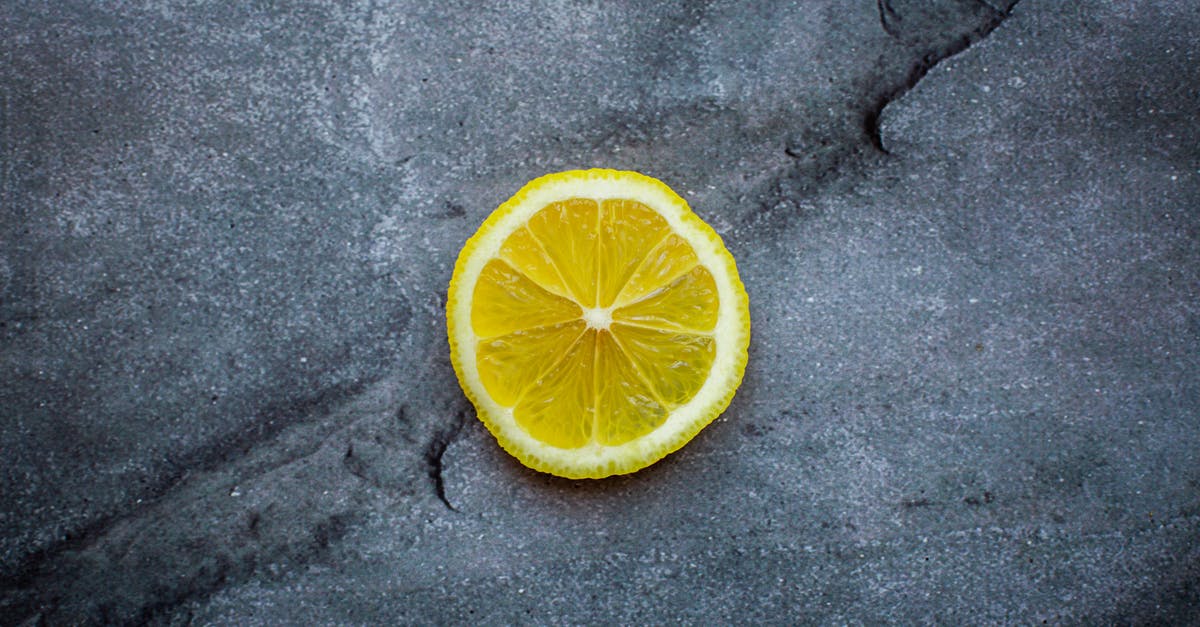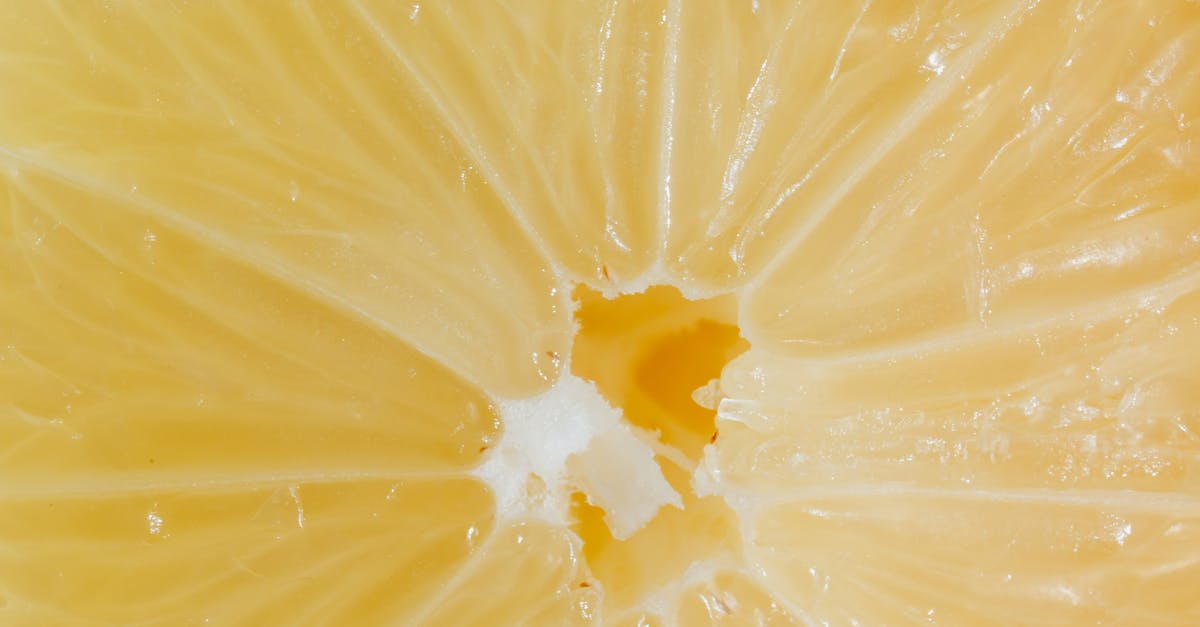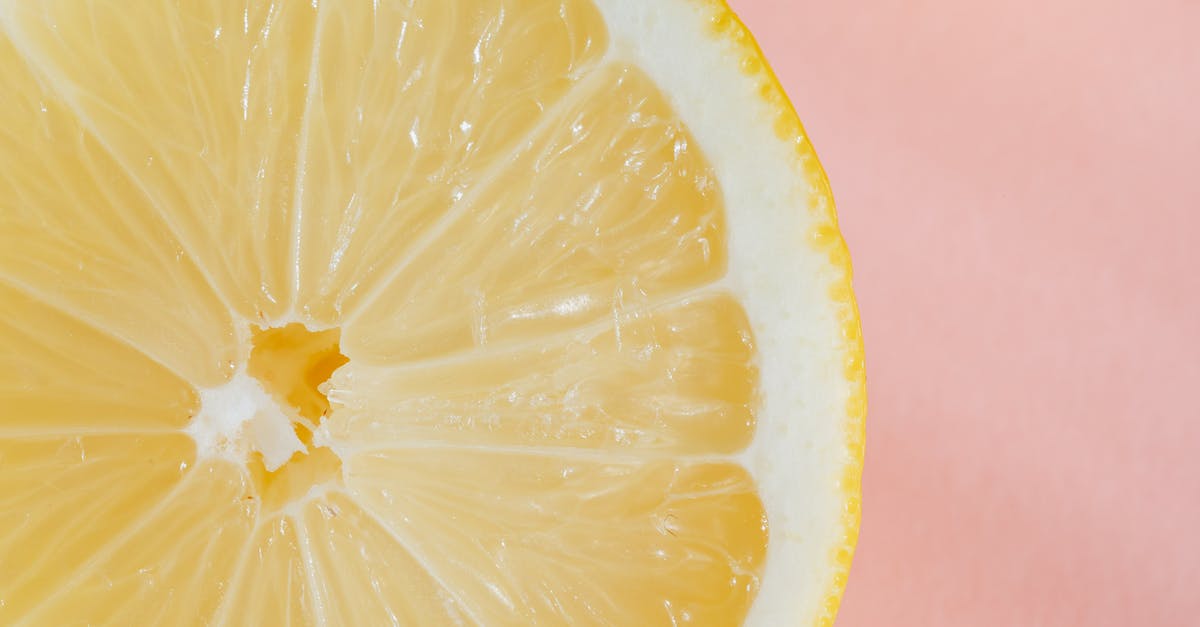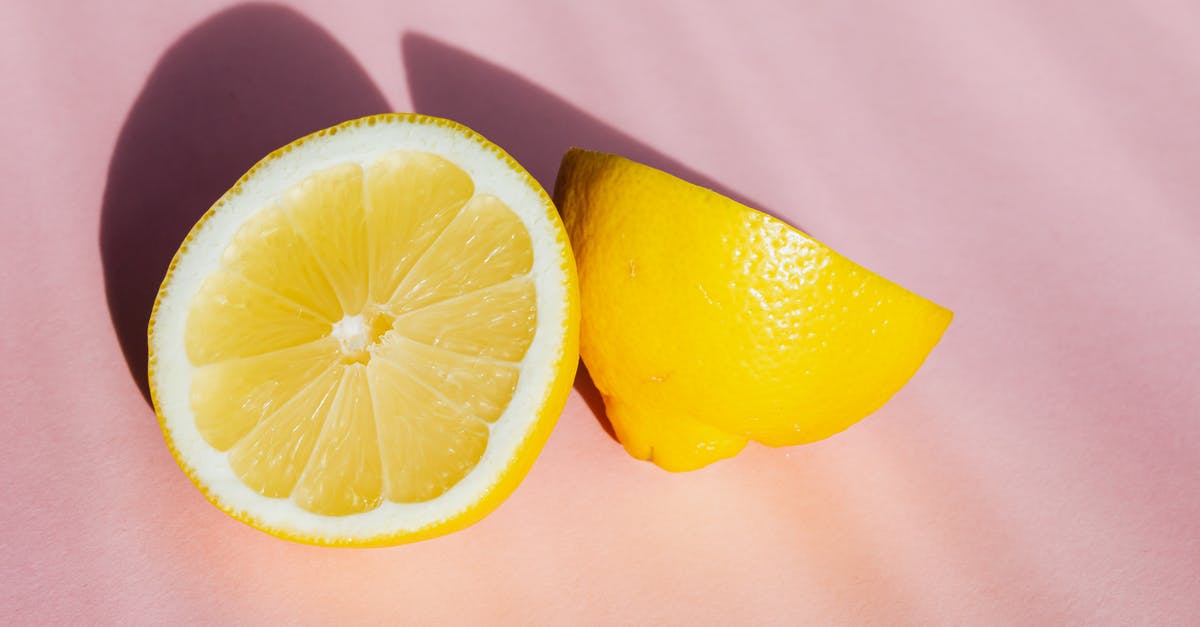PH and sour / acid taste

I had always thought low pH foods had a noticeable sour (acid) taste, and vice-versa.
But when reading The Bread Builders by Daniel Wing & Allan Scott, on page 54, it says:
The sour taste of especially sour naturally leavened bread comes more from the total amount of acid in the bread than from the pH of the bread.
After knowing that, someone I know made the following experiment:
- Measured the pH of vinegar with a ph-meter.
- Prepared a solution of Spirits of salt with the same pH.
- Drink both.
Pure vinegar tastes much more acid than spirits of salt. In fact, the last one has almost no acid taste.
So, it seems my initial thoughts were wrong. Why? Also, what makes we perceive foods as acid tasting?
Update:
After some research (thanks to rumtscho's comment) I have found that taste buds detect the presence of H+ ions (as cited in the Wikipedia article on Gustatory system).
But still don't know why when drinking Acetic Acid (vinegar) sourness is sensed more than when drinking HCl (Spirits of salt), if both of them are diluted to have the same pH.
Update 2: After @Wayfaring Stranger's answer it is clair that sour taste is given by anions (and not H+ ions), as written in this question's last update.
Best Answer
There's a bit of trickery going on in the comparison of vinegar (acetic acid) to spirits of salt (hydrochloric acid). Your 5% (0.83 molar) vinegar has a pH of about 2.5. You need much less of the stronger acid, HCl, to reach that same pH (2.5); in fact only 0.003 molar, a factor of 277 less. Since you taste the anion (acetate or chloride), not the proton (H+), it's no wonder that the vinegar is much more flavorful; there's a 277 fold difference in the concentration of the flavor agent. Pick a different acid, and you'll get a different tasting anion, and a different concentration needed to reach pH 2.5.
Response to comment on taste of anions:
Your linked Wikipedia article gives the impression that the taste reception system is fairly simple, and well understood. It is neither.
Here are a couple examples of reasonably current research on the taste of anions:
The Anion Paradox in Sodium Taste Reception
Anion size of sodium salts and simple taste reaction times.
Take a look at Wikipedia's article on taste receptors. you'll see that 'bitter' tastes are subclassified by 30 or more different receptors. Salty taste receptors (specific anion and cation) are still are poorly characterized
Research on humans is hard, so it'll probably be decades before the mechanisms of tasting are fully sorted out. Until then, consider sources like Wikipedia expositions of the current state of knowledge, rather than the final word.
Pictures about "PH and sour / acid taste"



Quick Answer about "PH and sour / acid taste"
Most of us are able to detect a sour, tart, acidic taste in a solution with a pH of between 4 and 5.Does pH affect sourness?
As pH decreases, the acid becomes more undissociated and imparts more of a sour taste. For example, the intense sour notes of lactic acid at pH 3.5 may be explained by the fact that 70% of the acid is undissociated at this pH, compared with 30% for citric acid.Does low pH taste sour?
More than pH If that were the only way that sour taste was produced, then the lower the pH, the more sour something should taste. However, some substances \u2013 such as vinegar \u2013 taste more sour than one would expect just based on pH.Does pH level affect taste?
Sour taste is influenced by pH and acids present in foods.Is acid is sour in taste?
Like salts, acids can also dissociate into positive and negative ions. In the case of acids, though, the positive ion is always hydrogen, and those hydrogen ions (also called protons) always produce a sour taste.How to Lower the Acid in Saliva
More answers regarding pH and sour / acid taste
Answer 2
Weak acids change pH about half as much as strong acids when diluted. Anything we consume gets diluted by the water in our saliva, which will raise the pH of a strong acid solution such as hydrochloric acid more than it raises the pH of a weak acid solution such as vinegar. Also, our saliva is a buffer solution, and the pH of our saliva is significantly greater than the pka of acetic acid, which means that the vast majority of the acetic acid would be ionized at that pH, making it far more effective at changing the pH of the buffer solution than extremely diluted hydrochloric acid. So even if the vinegar and hydrochloric acid solutions had the same pH, the pH of the vinegar solution mixed with saliva would have been far less than the hydrochloric acid solution mixed with saliva.
Answer 3
We have sensors (buds) on our tongues and noses to detect compounds, these sensors send signals to the brain that are interpreted as taste and smell. I include smell in this answer even though you are asking about taste because smell is a huge component in taste, which is demonstrated every time you get a cold. These sensors detect specific flavors in foods, but not every flavor or odor has a sensor that detects it. Humans have learned what they can taste and what they can't, which is why we cook with vinegar and not spirits of salt. It may be possible that what we detect as sour has nothing to do with acidity at all, but the taste of the compounds that come along with the acids we eat.
I'm not sure exactly what the authors meant by total amount of acid rather than the PH. My guess is that the microbes that make the dough sour produce a wide variety of acids and flavor compounds that stimulate your flavor and odor sensors in a broad way, making the flavor and odor more intense.
Answer 4
The current dominant theory in taste physiology is that sour taste arises from intracellular H+ ion blockage of K+ channels. Thereby causing receptor depolarisation and thus signal transduction proportional to the H+ ion concentration INTRACELLULARLY.
Weak acids have a higher tendency to remain undissociated in the saliva and thus remain non-polarised allowing it to cross the membrane of the receptor cell. Once inside it can release its H+ ions causing the sour taste.
Strong acids would not be able to enter the cell as they would have dissociated extracellularly.
Sources: Stack Exchange - This article follows the attribution requirements of Stack Exchange and is licensed under CC BY-SA 3.0.
Images: Victoria Emerson, Karolina Grabowska, Karolina Grabowska, Karolina Grabowska
